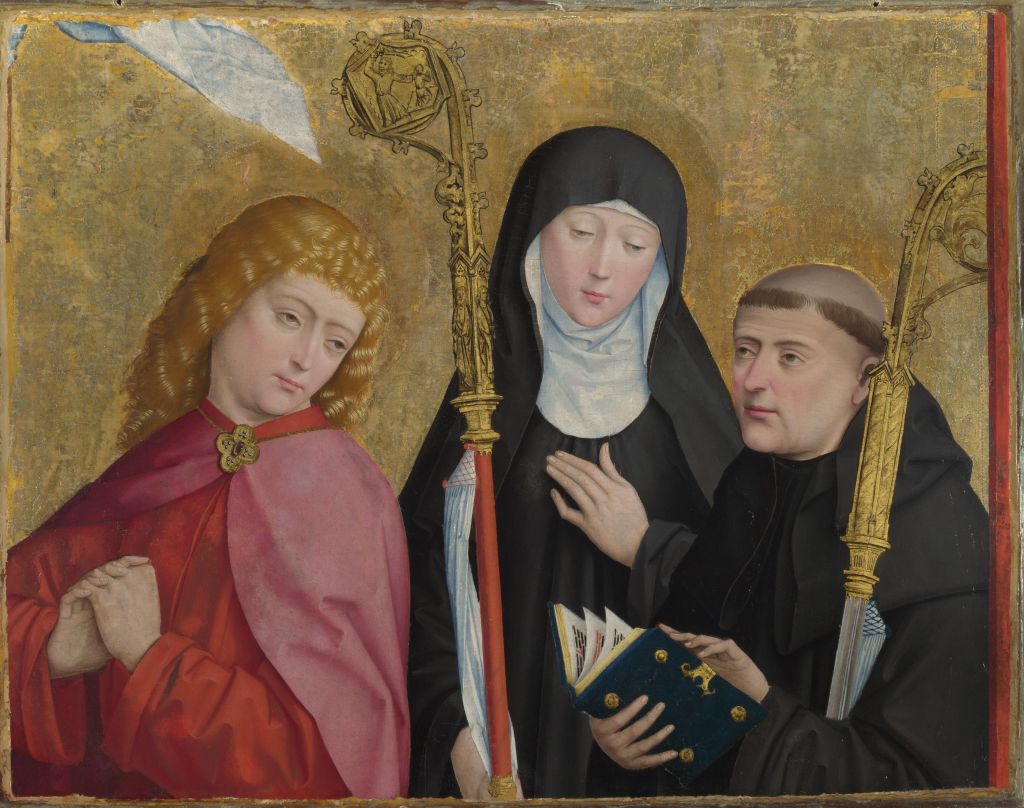In his first inaugural address in 1861, President Lincoln spoke about the “mystic chords of memory” that connect the American people through a collective memory and shared history. This is a wonderful way to think about a nation and how it is more than just a name on a map, and how true citizenship is more than a piece of paper. It is a commitment and participation in a collective memory and shared history, the voluntary giving up of parts of one’s own identity to become part of something greater. In the hyper-individualistic and atomistic liberalism that dominates in many Western countries, these “mystic chords” Abraham Lincoln spoke of are often either denied or ridiculed.
Yet it is not only on the left that these sentiments are neglected. I have observed in many debates that even representatives of the Right have troubles with it. When asked what American, British, [insert-your-country-here] values are, they tend to flee into stuttering generalities. The answer, however, is truly quite simple: It is love (I know, what a quaint concept) and affection for a people, a territory and its history. Everything else comes later, including the stereotypes of polite Englishmen and punctual Germans. The reason for this is that pride in these characteristics follows and does not precede the love for one’s country. You want to be “punctual like a German” because it highlights your Germanness, not your punctuality. It is odd that an emotion like affection is being treated as something irrational. We live in a world where feelings have to be justified by some quasi-rational justification. For example, British people are supposed to be proud of their country because of the NHS. I think this is absurd, and it is a privilege to be born into a country with such an amazing history full of contributions to the betterment of humankind. Otherwise, you reduce your country to nothing more than a gumball machine. You pay taxes – or at least some of us do – and in return you get ever worsening social services. Without an element of the transcendental and metaphysical, you cannot have a community and most definitely not a functioning social order. Seeing yourself as part of a web of social meaning is what motivates you to respect the rules of a society, thereby enabling civilised life.
Yes, yes, you might reply that the average British person of 2025 has not contributed in any way to the writings of Shakespeare, so why should he be proud of it? Well, I would say, in the same way that I am proud of my brother doing well in his job or my nephews and nieces excelling in school. I have not really contributed to any of it, but they are my family and I love them. And this love brings loyalty, support during difficult times, shoulders to lean on, and, in short, genuine happiness. But I do not love them because of these things; these things exist because I love them. A nation is not that different: Having these mystical chords that connect people is a value in and of itself, and probably the most important one. It is also the only way in which one can truly learn from history.
Visiting Auschwitz, I bear no direct responsibility for the atrocities committed there, yet the experience resonates deeply. The dark aspects of my people’s past form part of our shared memory. This is a struggle for German or Austrian patriots, and the weight falls differently – indeed, never will fall the same way – on the shoulders of a recent non-Western immigrant. Standing before Napoleon’s tomb, I instinctively grasp the pride many French feel for the Corsican’s achievements, much like the feeling I have when viewing a portrait of Maria Theresa. Again, the family analogy applies: I love my mother above all others, yet this doesn’t require me to hate yours. In fact, the deeper my affection for my own family, the better I can empathise with your feelings for yours. The peoples of Europe and its diaspora form concentric circles of kinship. I admire the British, adore the Italians, and consider the Commonwealth of Kentucky my second home. Yet, I will always be a proud Austrian, just as I will always be my mother’s son.
These bonds weaken with cultural distance. I will never feel the same connection to Syrians or Chinese as I do to the British or Italians, and they to me. This isn’t inherently negative; it’s simply human. Favouring the familiar over the strange isn’t chauvinistic or xenophobic, but the bedrock of a functioning community. This can evolve over generations, of course; a child born in Austria to Chinese parents can feel as Austrian as I do.
Prioritising one person or group over others is a worthy value. To pretend otherwise is artificial and frankly, awkward. Imagine telling your wife you love her equally to all other women. Parents inherently care more for their own children, as they should. An “enlightened” mind might argue that parentage and birthplace are mere chance occurrences, undeserving of special loyalty. I pity those incapable of experiencing the joys of home and family. Perhaps my birth into a loving European family was chance, but I am eternally grateful for it and strive to create similar conditions for those around me. Therefore, when asked about your country’s values, respond that it is the privilege of being born there and remaining loyal to it. And while you are at it, remind your spouse, too.






Cooler heads in Middle East know Hamas must be removed